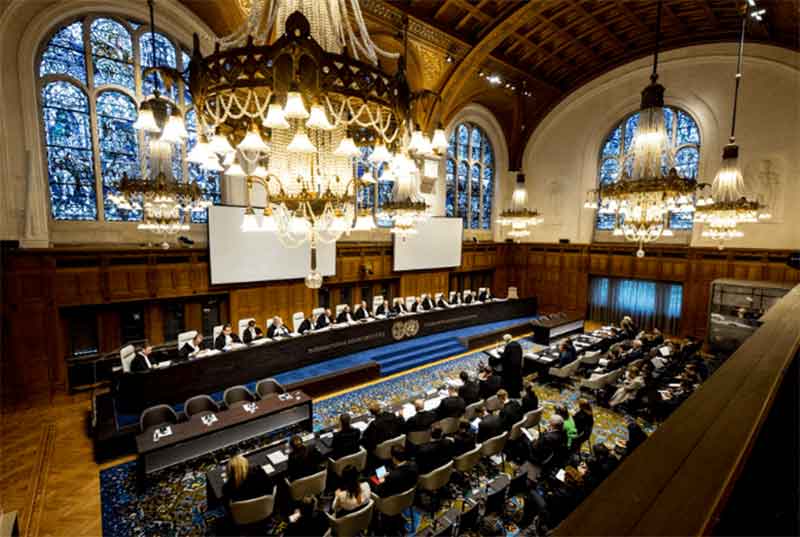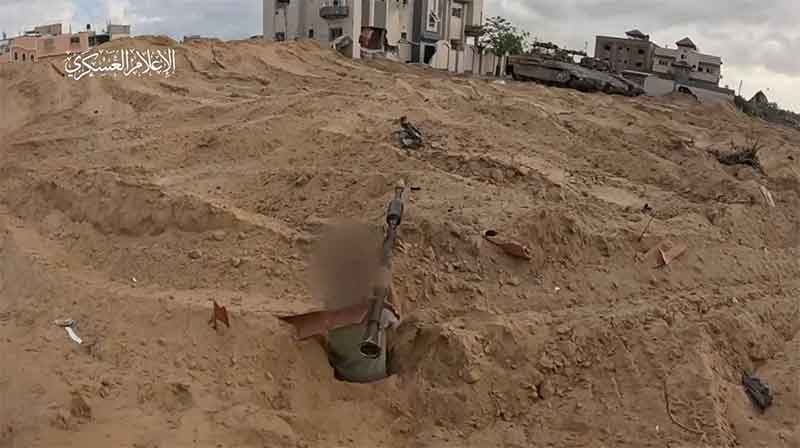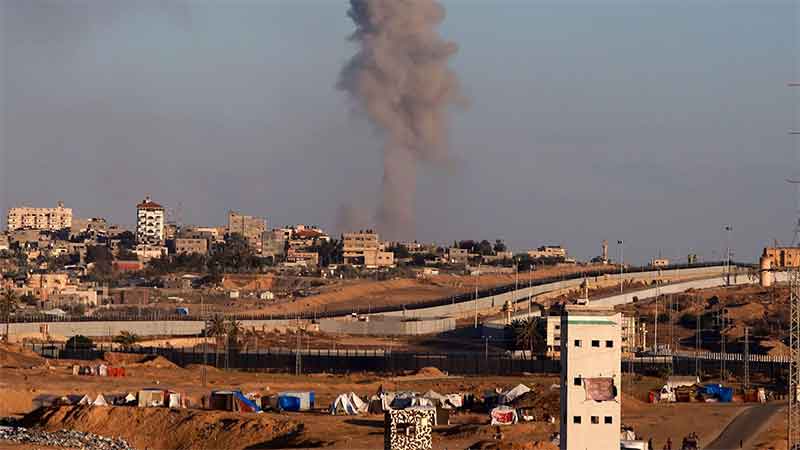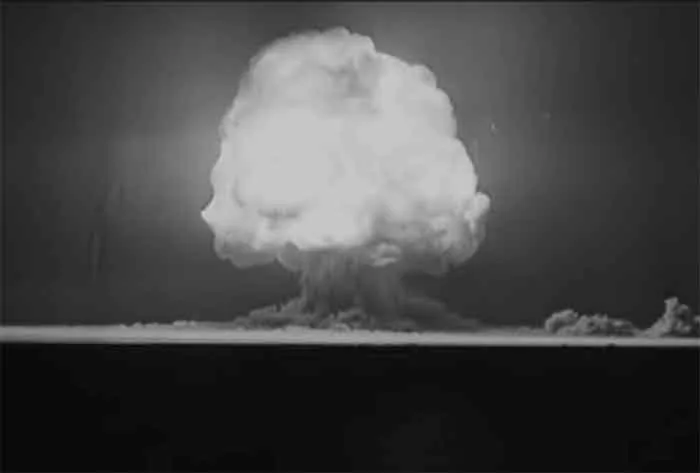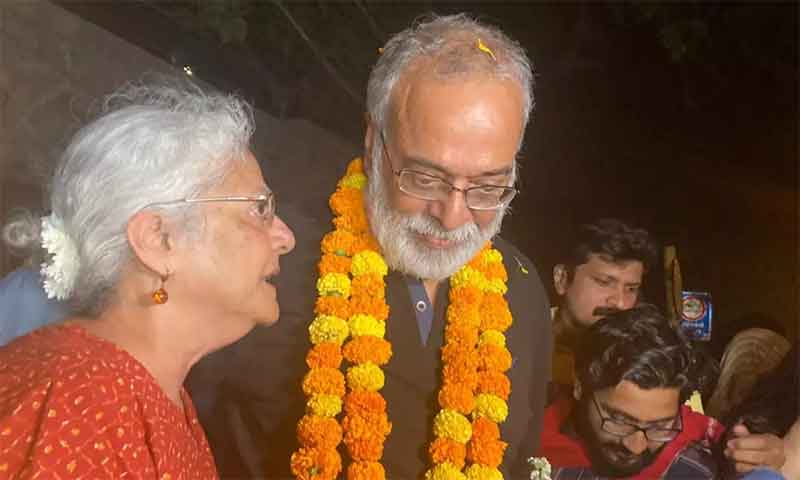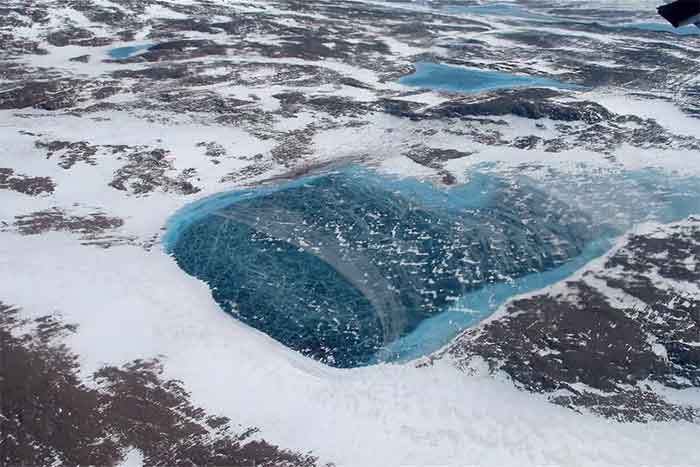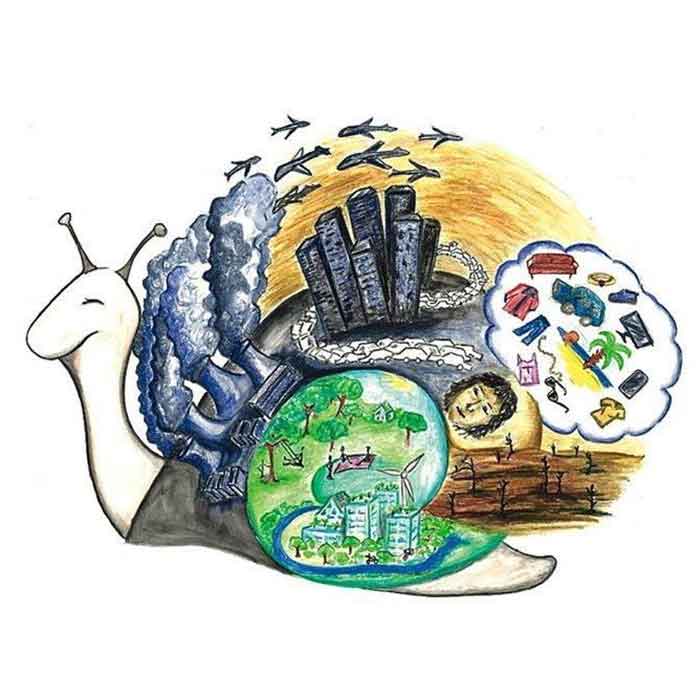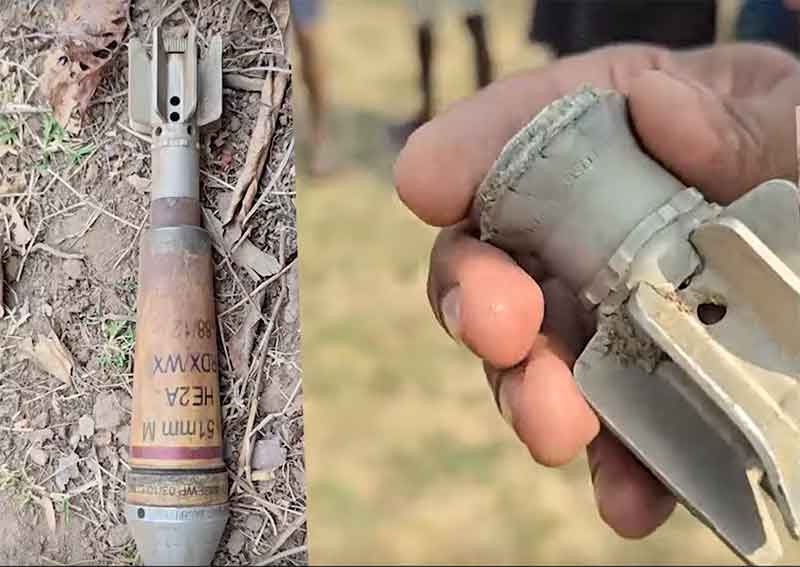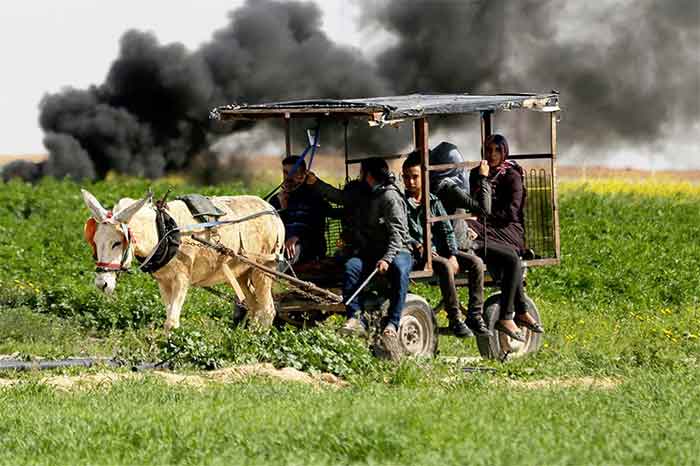
While the attention of the world is focused on the huge tragedy resulting from the conflict in Gaza, on October 27 GRAIN, an organization dedicated to support of agriculture and related rural livelihoods based on communities of small farmers, released a note on the disruption of Palestinian livelihoods over the recent years as a result of arbitrary and unjust actions and policies of Israel. This review includes information on the destruction of Palestinian agriculture and fishing, as well as environmental ruin.
This review states—“Prior to October 2023, 35% of Gaza’s farmland lay within an “access restricted area” on the border with Israel. As a result, 113,000 farmers lost access to their lands located in this area.”
This review titled ‘The Palestinian people have a right to their lives, land and sovereignty’ informs that since 2014, Israeli crop duster planes have been systematically spraying herbicides, including glyphosate, during harvest periods, often when the wind blows towards Gaza. In January 2020 alone, this spraying damaged 281 hectares of Palestinian crops, affecting 350 farmers.
Further this note says that the Israel has turned fishing in Gaza – a livelihood deeply rooted in the local culture and economy – into a highly precarious and dangerous occupation. Due to fuel shortages and a lack of equipment, caused by restrictions on the entry of goods to Gaza, going out to sea for fishing has become difficult. According to this review, fisher-folk venturing beyond the designated 6 nautical miles often face imprisonment or direct gunfire by Israelis. This is in contravention of international law which allows the Palestinian State to claim permanent sovereignty within 60 nautical miles, this review says. As a result, only half of the 3,800 registered fishers of Gaza have the possibility to pursue their work, ultimately affecting 35,000 people who depend on the sector for their livelihood.
This review states that in the West Bank, some Israeli settlers have taken advantage of the present situation in Gaza to step up their own violent attacks to grab more land, displacing hundreds of Palestinian farmers. Such a strategy has been used for years, the review says.
Providing more details of the situation in West Bank, this review by GRAIN states, “The West Bank is 90% farmland, yet a substantial portion of it has been under direct Israeli control since the Oslo Accords of 1993. A separation barrier, mostly situated within the West Bank, has been significantly hampering access to land for thousands of Palestinian farmers by dividing farm and pastureland from their villages. In 2019, only 12 of the 76 gates designated to allow access to farmers opened daily, while 56 of them required permits.”
This review alleges that Israel pushes Palestinian farmers into using seeds and agrochemicals sold by Israeli companies, thereby destroying their soils and biodiversity and leaving them in debt and poverty. “This has led to a significant decline in farming, a sector historically vital to Palestinian society and identity.”
Water is of crucial importance for agriculture. However Palestinians face severe discrimination in the sharing of limited water supplies. This review by GRAIN states, “In terms of access to water, the Israeli government has imposed severe constraints, which the human rights organization Al-Haq calls “water apartheid”. Since 1982, Palestinians have depended on Israel for their water supplies, as the national water company, Mekorot, controls infrastructure. Israel’s extraction of water from aquifers in the West Bank accounts for 85% of the country’s supply. While Mekorot ensures the connection of illegal settlements to the water network, permits for Palestinians to construct new water wells are constantly denied and their rainwater harvesting cisterns are often destroyed by the Israeli army.” In the West Bank, Israeli settlers consume in average over six times more water than Palestinians.
Waterborne diseases have become a leading cause of death in Gaza due to water shortages in the towns and villages, as well as the lack of access to running water in rural communities. Dam management has also been sometimes manipulated against the interests of Palestinians, causing problems for farmers, including sudden floods over cultivated lands in Gaza, this review alleges.
Peasant organizations have developed a range of responses to these difficult conditions. These range from Gazan women’s solidarity marketing and dignity baskets, to local seed banks, to agro-ecological farming.
The review ends by drawing attention to the urgent need just now for ceasefire and peace, while making a strong case for longer-term protection of livelihoods too. The on-going efforts for take-over of Palestinian territory by using violence should not succeed, the review asserts.
This review has drawn attention to important livelihood aspects which sometimes get neglected in the more politicized discussions, even though these are so important for common people. When this review was posted on the ASHA Kisan Swaraj web-site, Prof. Narasimha Reddy Donthi wrote a comment on what happens to farming in conflict zones. In the case of the Syrian conflict, he has written, a seed bank was lifted to a vault in Norway owned by a billionaire. No questions asked. Prof. Reddy has raised the wider issue of farming in conflict zones like Afghanistan and Vietnam being destroyed by landmines and in other ways. Even when conflicts end, how do farmers get back their land and how do they get their seeds?
Bharat Dogra is Honorary Convener, Campaign to Save Earth Now. His recent books include Planet in Peril, Protecting Earth for Children and A Day in 2071.


